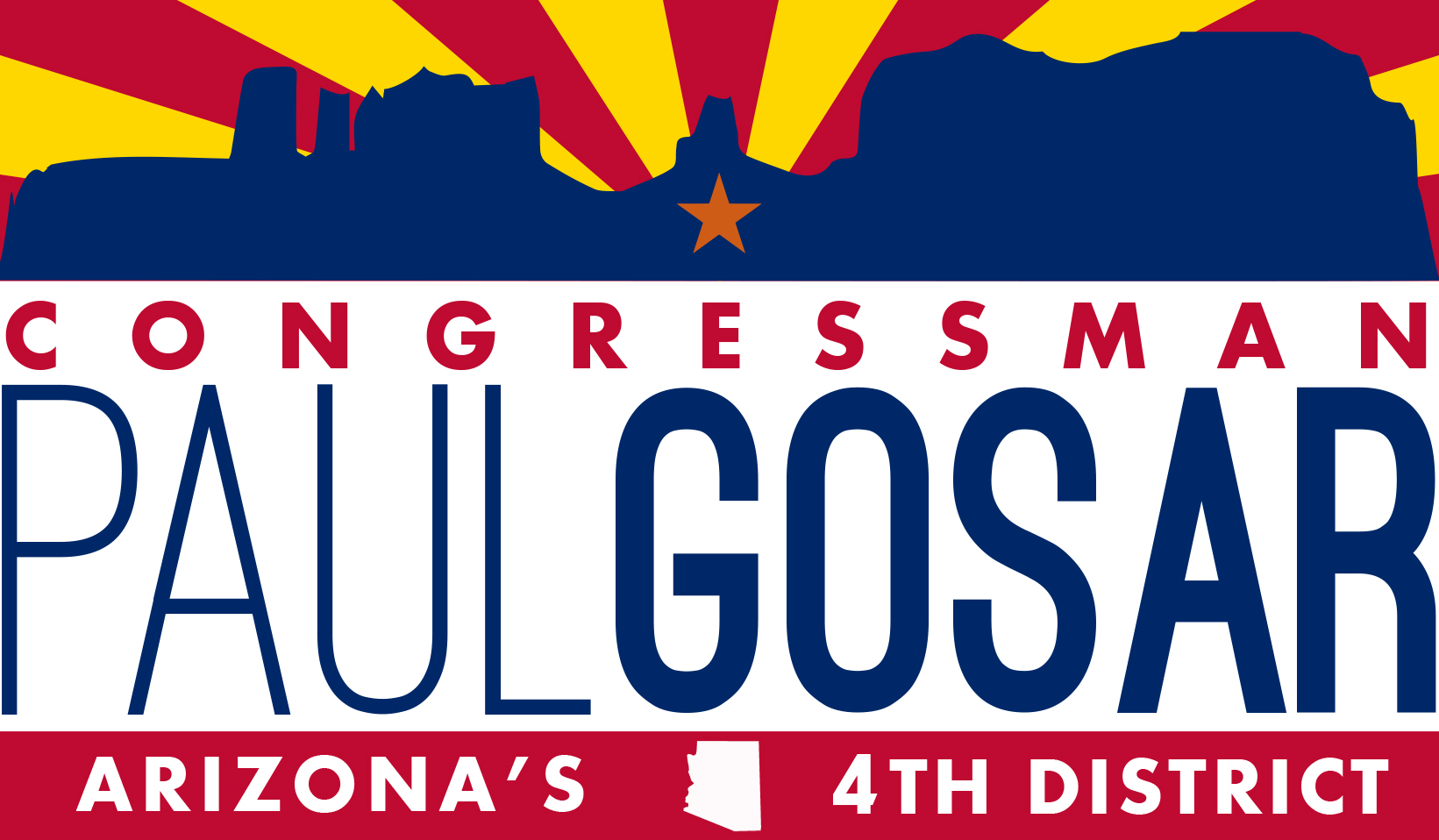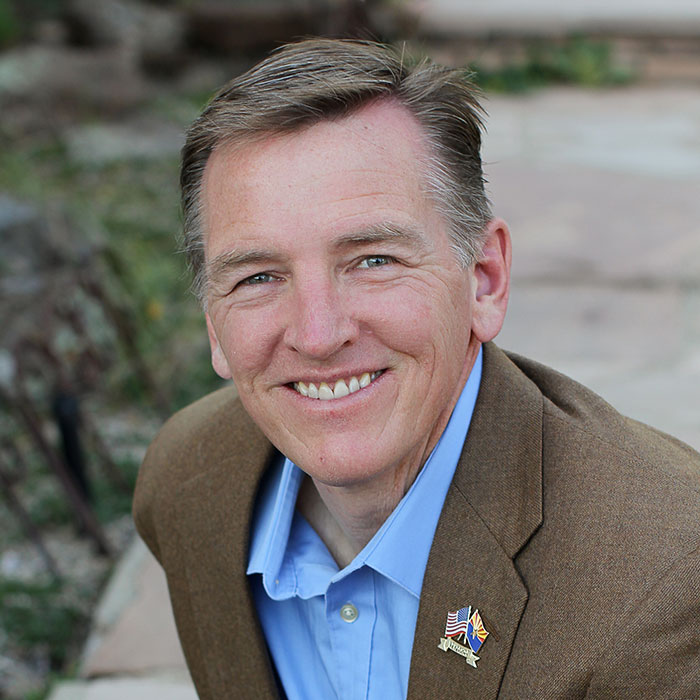|
Today, U.S. Congressman Paul A. Gosar, D.D.S. (AZ-04) released the following statement after introducing H.R. 5836, the Hunting, Education and Recreational Development (HEARD) Act:
“Throughout my home state of Arizona, I have heard repeatedly about significant challenges local communities face due to poor federal land management policies and the existence of large swaths of federal land within their jurisdiction. The HEARD Act addresses these issues and ensures the people of Arizona have a voice in the decision making process. By facilitating locally-driven solutions and injecting transparency, this legislation ensures that public lands will be utilized more efficiently while also yielding significant benefits for stakeholders.”
Andy Groseta, a rancher, past President of the National Cattlemen's Beef Association, and past President of the Arizona Cattle Growers’ Association, who resides in Cottonwood, Arizona stated, “This critical legislation provides a unique opportunity for federal land management agencies to work closely with local stakeholders – including ranchers, sportsmen and municipalities – to improve land use and management throughout the West. The HEARD Act establishes an orderly process that makes better use of lands that the federal government has stated it no longer needs. This important bill will provide additional revenues for local communities, spur job creation and foster economic growth.”
Tom Jones, Arizona resident and former CEO of Grand Canyon State Electric Cooperative Association stated, “I applaud Congressman Gosar for sponsoring a bill that utilizes an innovative approach to address the wide-ranging land challenges facing western states. The HEARD Act will provide significant benefits for our nation’s youth, job creators and communities by empowering the people on the ground to be intimately involved in important decisions that affect their livelihoods. K-12 schools, public higher education, land grant universities, agriculture and natural resource agencies, county governments, local cooperative extension services, recreational enthusiasts and sportsmen all win with this thoughtful proposal.”
Background:
The full text of the legislation can be found HERE.
The Hunting, Education and Recreational Development (HEARD) Act, establishes an orderly process for the sale, conveyance and exchange of federal lands not being utilized by public land management agencies that have been identified for disposal. The HEARD Act will yield significant benefits for education, sportsmen, agriculture and natural resource users, counties and states by establishing a revenue sharing mechanism that ensures a fair return for all.
H.R. 5836 distributes certain revenues derived through this Act by returning 15% to the state where the disposal takes place for K-12 and higher education; 15% to one or more land grant universities in the State where the disposal takes place; 10% to one or more counties and county extension offices where the disposal takes place; and 10% to a special account in the treasury in order to increase access for hunters, recreational fishing, recreational shooting, OHV use, and other purposes.
According to the nonpartisan Congressional Research Service (CRS), the total federal estate exceeds more than 635 million acres. CRS has also reported that the “BLM manages 247.3 million acres” and that the “Forest Service manages 192.9 million acres.” Currently, only about 18 percent of the land in Arizona is privately held. The overwhelming majority of land is under the jurisdiction of state, federal and tribal governments and these entities control use, development and access. 77.2 percent of La Paz County is comprised of federal lands that are tax-exempt. Local municipalities face significant challenges funding education, infrastructure and emergency services as a result.
The BLM has identified hundreds of thousands of acres for disposal that the agency is not efficiently utilizing. However, existing law does not require the BLM to dispose of identified lands on a regular or frequent basis. As a result, lands identified as potentially available for disposal under valid resource management plans are rarely disposed by the Bureau of Land Management. The Forest Service has several authorities to dispose of Federal lands, but such authorities are rarely used.
H.R. 5836 is modeled after the Southern Nevada Public Land Management Act (SNPLMA). This federal law enacted in 1998 has a proven track record of success. To date more than 35,000 acres identified by the Bureau of Land Management (BLM) for disposal have been sold, conveyed or exchanged in Nevada and sales have generated nearly $3 billion in revenue. The revenue sharing mechanism instituted by this law has benefitted education, enhanced recreational opportunities and public access, and achieved better management of public lands. SNPLMA is one of the few authorities that has allowed for an orderly process to make better use of lands not being utilized by the federal government.
Cosponsors of the HEARD Act include: Representatives Mark Amodei, Brian Babin, Ken Buck, Mike Coffman, Paul Cook, John Duncan, Trent Franks, Cresent Hardy, Jody Hice, Steve King, Raul Labrador, Tom McClintock, Dan Newhouse, Devin Nunes, Steve Pearce, David Schweikert, Pete Sessions, Chris Stewart, Scott Tipton and Don Young.
###

|

